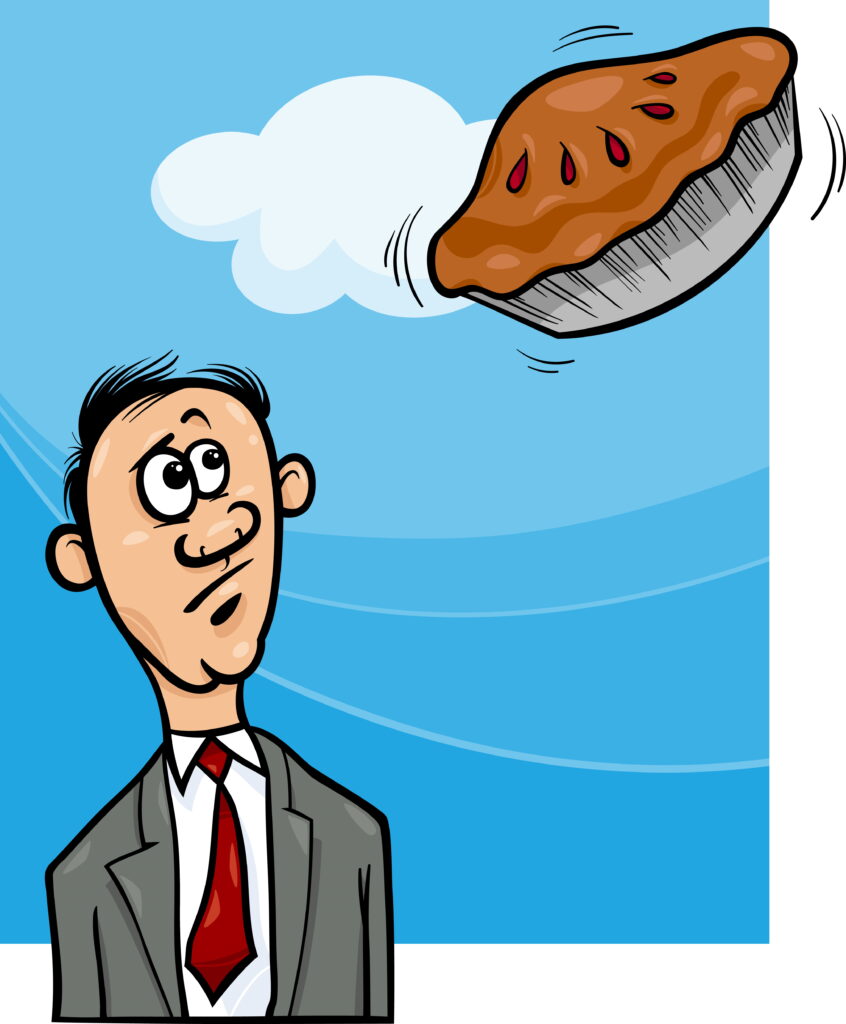When it comes to words, I find they often have lives of their own.
Take, for instance, this post.
It was going to be about semantic bleaching, a term that (to me) evokes images of the Valley of Dry Bones. Not so much in the context of a great army’s graveyard and the biblical setting for a future resurrection, just a place where words come to die.
Because that’s what semantic bleaching does. It robs a word of its meaning – its raison d’etre – and leaves it to die.
The more forgiving amongst us might suggest the words are not left behind, but rather, they are resurrected to a new life.
To which I say, look at what semantic bleaching does. Look at the so-called “new life” of the words it affects. Do you call that living?
This post was going to be about the word “literally”. But watch what happened.
Literally
I was reading an article on OZY.com a while ago, on the topic of pseudo-satellites – high-flying, long-flying, low-energy-using, sunlight-harvesting aircraft that may eventually give an alternative to many of the functions that satellites currently provide. Interesting topic.
Then I came across this sentence:
But what were earlier isolated — often literally pie-in-the-sky — projects are now being replaced by a crush of initiatives across Europe, the U.S., Russia and Asia…
https://www.ozy.com/the-new-and-the-next/space-invaders-how-pseudo-satellites-will-soon-conquer-the-stratosphere/94062/
Literally pie-in-the-sky?
Literally?
I’m going to go out on a limb and give you a rule to live by:
The only time you can describe something as literally pie-in-the-sky is when there is – literally – a pie, or pies, in the sky.

No other time.
That is the problem with the word ‘literally’. It binds the user to instances where what is being described is actually happening.
Well, it’s supposed to.
But if I had a dollar for every time I heard somebody say things such as:
“I was so embarrassed that I literally died,” or
“Don’t sneak up on me like that. I literally had a heart attack,” or
“I can’t wrap my head around how many people were at the parade. I literally can’t wrap my head around it,’
I would be a millionaire.
It’s annoying. There’s nothing that can be done about it, other than to fight an uphill, losing battle against the inexorable tide of the English language.
Without conducting any sort of research on my part to verify my statement, “literally” must be one of the most misused words in the English language.
I have just taken 15 minutes to do a bit of research – I can’t help myself (not literally true; I do help myself when it comes to research) – and, sure enough, it is a word whose meaning is in trouble.
But, as I delve deeper, I find that this has been the case since at least the late seventeenth century, when examples are found of the word being used as an intensifier of true statements. And then it began to be used to intensify figurative or metaphorical statements.
According to Jesse Sheidlower, who was at the time the editor at large of the Oxford English Dictionary, in an interview in 2005 on the topic of the use – or misuse – of the word “literally”:
In truth, many words are used in seemingly contradictory ways. They’re known as Janus words, contronyms or auto-antonyms. They include ‘cleave,’ which means both ‘to stick to’ and ‘to split apart,’ and the verb ‘dust,’ meaning both ‘to remove dust from’ and to ‘sprinkle dust upon.’ And don’t forget ‘peruse’ and ‘scan,’ each of which means both ‘to read closely’ and ‘to skim.’
Interview on NPR’s Day to Day programme, 3 November 2005
An interesting detour
Now, please bear with me as the discussion takes a tern down an unexpected path.
A magpie, actually.
I began thinking about what might be the next-best actual pie in the sky.
I thought birds. Pied kingfisher. Pied stilt. Oriental pied hornbill. Pied wagtail. Blackbirds, four and twenty of them, baked in a pie. Pied in an different way, one might say. (More on pies later.)
However, I settled on a magpie. Flying in the sky.

My initial reasoning was simple: mag-PIE in the sky. Another literal ‘pie in the sky. Nothing pseudo to see here.
But, as I am wont to do, I dug deeper to look at the etymology of the word.
And I found that the Old English word for magpie was pie,
which came from the Old French pie,
which came from the Latin pica,
which likely came from a Proto-Indo-European root, pi-, denoting pointedness of the beak.
Wait, the acronym for Proto-Indo-European is PIE. This is too good to be true!
So, we have a black-and-white bird called a pie, known for its chattering, flying through the skies of Proto-Indo-Europe and then across to those of Old France and Old England.
And then, in about the fifteen century, the name “Mag” was added, in much the same way that robin redbreast got its name. Mag is the nickname for Margaret, the name commonly applied at that time to an “idle chattering woman” (quotation marks here in case you think I put those words together myself – I didn’t).
Many thanks to the writers at Etymonline.com and Adam Aleksic, author of The Etymology Nerd, for their entries for ‘magpie’. (Incidentally, The Etymology Nerd has become a new favourite site of mine. I like what Adam is doing there.)
There are more interesting leads to follow.
For instance, “pied” came to mean two-toned, particularly black and white. There is a long list of birds and animals whose names share that descriptor.
Even a piper.
Interestingly, the word “pie”, used in reference to a mix of meat and other food baked in a pastry, has possible links with the word pica, perhaps relating to a magpie’s habit of collecting miscellaneous things.
Another possible link is to do with the “pied” appearance of a cut-open pie, its dark filling contrasting with the light colour of the pastry shell.

(For those of you who don’t know the pleasure of eating a steaming hot steak mushroom and cheese pie from one of New Zealand’s ubiquitous bakeries, allow me to wax slightly lyrical here in my praise of the meat pie.)
As Adam shouts with all the unalloyed joy of a linguist and etymology nerd in his ‘Magpica’ entry: “SO MANY CONNECTIONS.”
There is no need to make this stuff up. Etymology will tell the story better than you can ever imagine.


Be First to Comment